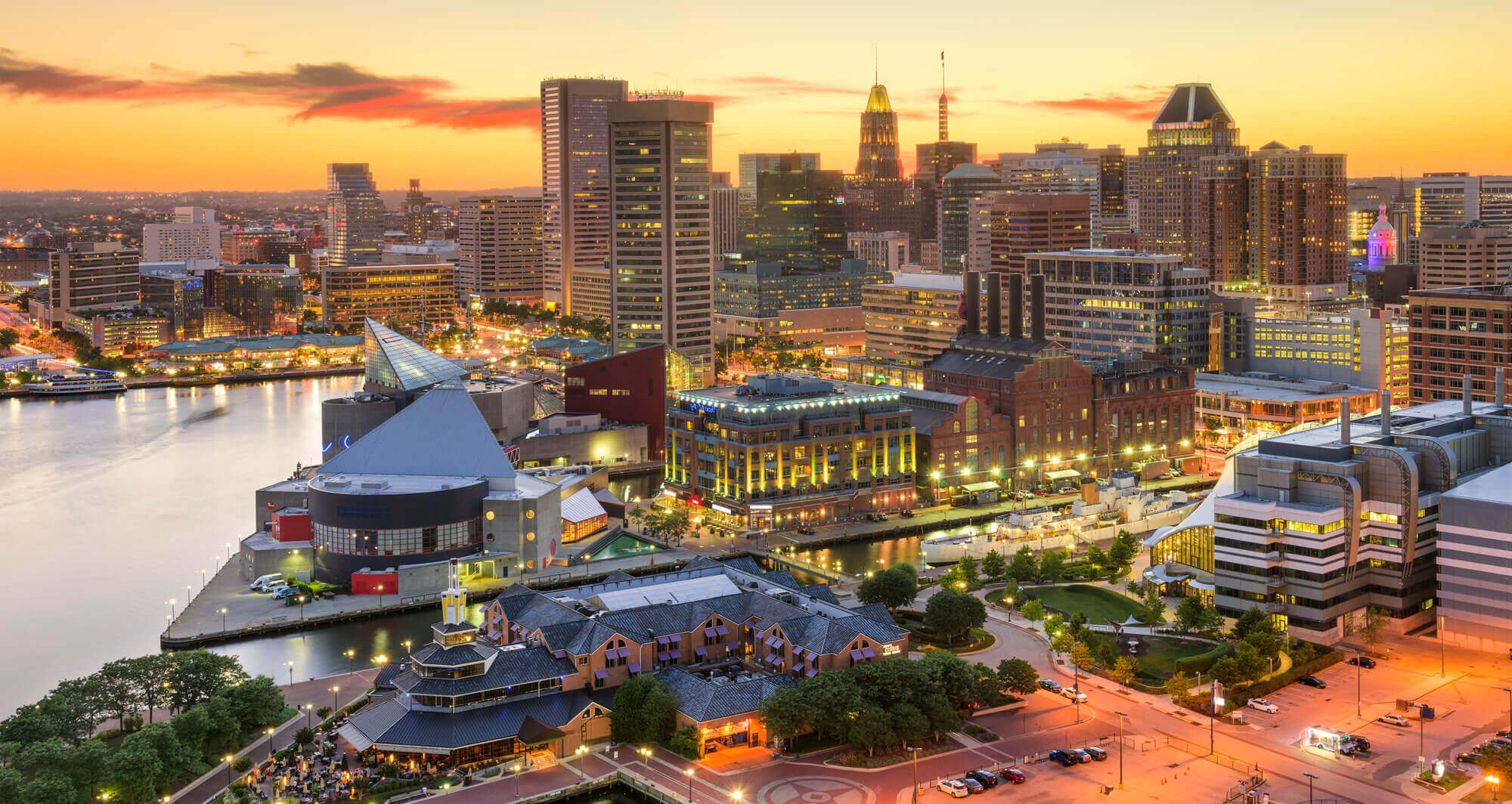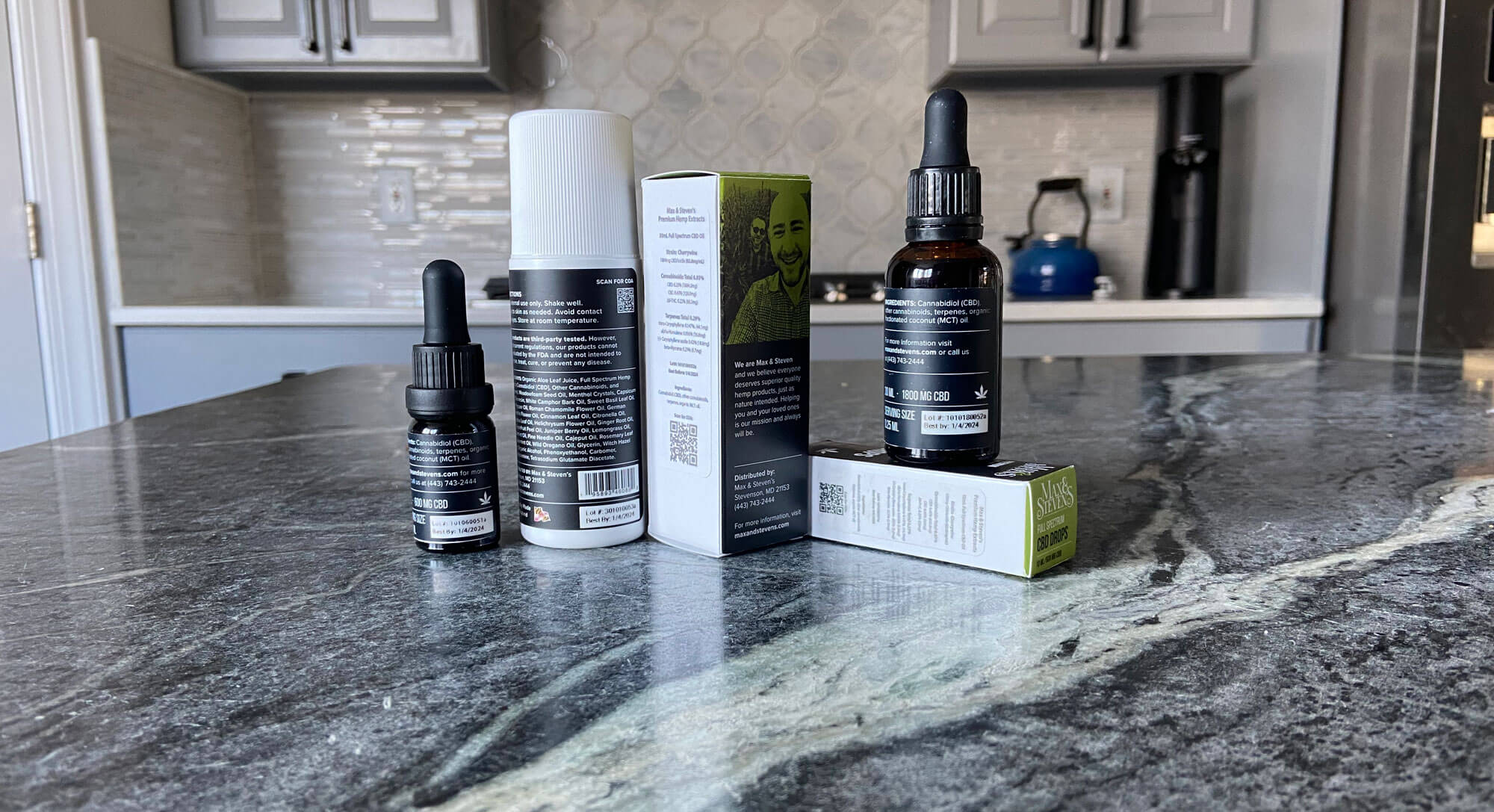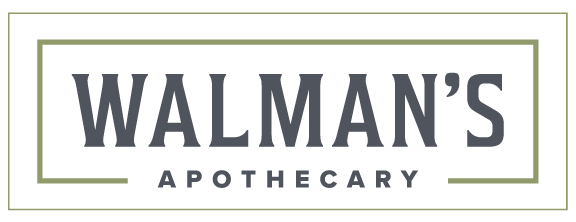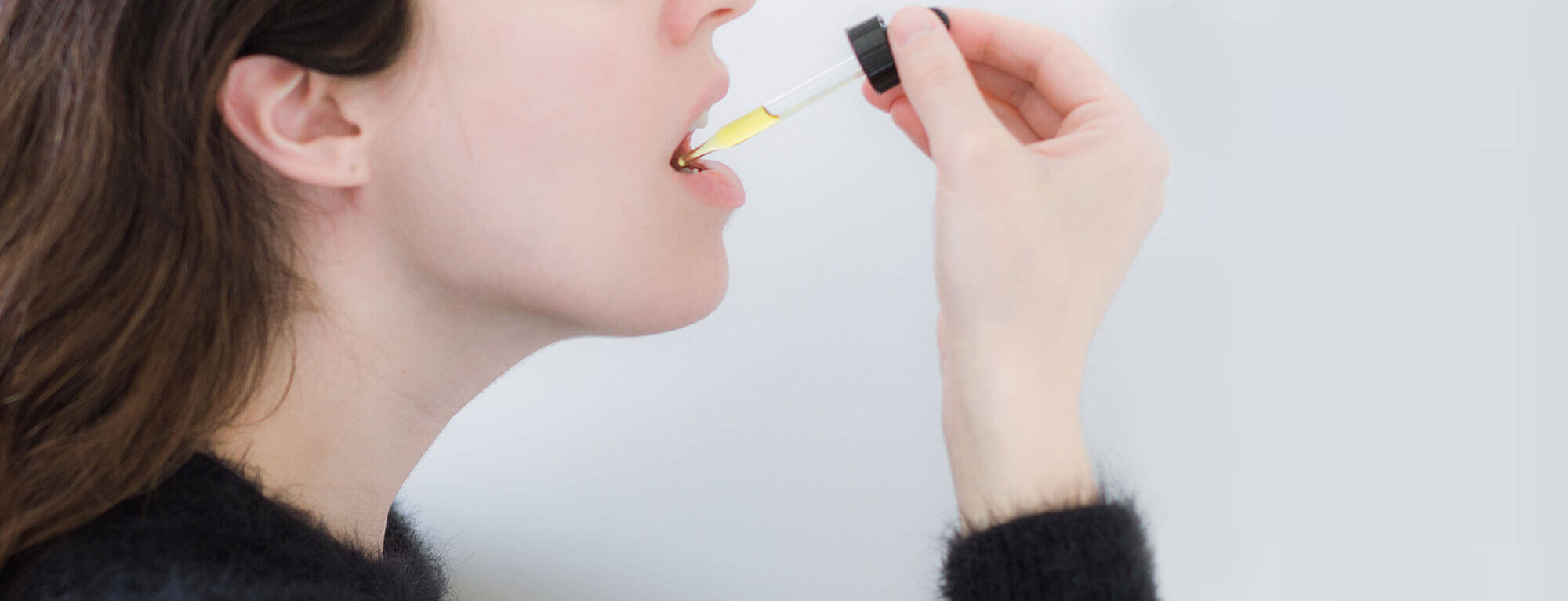
The sweet scent of locally grown peaches, the chewy deliciousness of freshly baked sourdough bread from the local bakery, the creamy lusciousness of artisanal cheese crafted by a local dairy farmer…by now, you may be salivating at the mere thought of such delicacies or thinking about your own favorite locally crafted products. These days, “local” is more than a buzz word or a passing trend, it’s a growing movement. We all know that shopping for locally made products and locally grown produce helps our communities and supports small businesses. In many cases, locally made or locally grown means better quality or more beneficial. Personally, I make an effort to shop locally but in all honesty, it’s not always feasible. Often convenience determines my choices, which leaves me wondering if I’ve made a poor decision. And so, I find myself asking, when does local matter most? And, what does local really mean when it comes to things like hemp-derived cbd? Is it local if it’s sold nearby? Grown nearby? Both??? Thankfully, I know a guy…actually, two guys, who happen to be experts on the subject so I called them up with a list of questions. Read on, friends… there’s far more to this local matter than I knew!
Max Sobol and Steven Walman, the founders of Max & Steven’s Premium Hemp Extracts, are natives of Baltimore who planted their roots even more firmly in Maryland when they launched their company in 2018. This was a very intentional decision, according to both Max and Steven, as they envisioned an opportunity for creating jobs and opportunities for fellow Marylanders. Max and Steven are committed to working with local farmers, processors and distributors to bring the highest quality cbd products to people and pets.
Below is a transcript of the interview, edited a bit for clarity.
Q= Linda
A= Max and/or Steven
Q: Thanks for taking the time to chat with me today, guys, let’s jump right in. My first question is “What is CBD”?
A: It’s the non-intoxicating, healing molecule of cannabis. It’s the second, or sometimes the most dominant cannabinoid in the cannabis plant. It’s very beneficial to the human body while not being intoxicating which is what differentiates it from the other well-known and abundant cannabinoid, THC. CBD works by interacting with your endocannabinoid system which is intertwined with every system in the body.
Q: Before I ask any more questions, is there an easy way for people to figure out the difference between the types of cannabis plants? Which is which and where does CBD come from? Basically, what’s the deal with hemp vs. marijuana?
A: The levels of THC are the determining factor in defining if the cannabis plant is categorized as hemp or marijuana. If there is more than 0.3% THC found in the plant, it’s classified as marijuana. Less than 0.3% THC is classified as hemp. Our CBD is derived from plants classified as hemp which is why it’s known as hemp-derived CBD.
Q: Ok, got it! Next question, so CBD is derived from the hemp plant and hemp plants can grow almost anywhere, right? Does it matter where they’re grown and how they’re grown? Indoor? Outdoor?
A: Well, everything matters. But there are a few important things to look out for- first being safety. No matter where the plants are grown, look out for any potential contaminants, like heavy metals and pesticides, which could contaminate the plant, making it harmful for human consumption in its final product. After looking at the dangers, we look for the benefits, or the inputs- purity of water, quality of soil, farming practices, nutrients-where the plants get their food and of course the starting genetics and the seed you’re growing from. Assuming you’re using seed, not clones. We only grow plants from seed.
Q: That’s a lot of information! I’ll try to narrow the scope of my question a bit. What are the ideal growing conditions for hemp? Basically, what’s the perfect hemp farm? Also, are the farmers important to the outcome of the plants?
A: There’s not necessarily a perfect environment, it’s more about the right genetics and the right farming process, but yeah- hemp can be grown anywhere. And, of course, the farmers are important. Farmers are growers. We work with farmers who spend their lives cultivating soil in order to grow food and other sacred and nourishing plants. We think it’s all important to the outcome of the plants and the finished products.
Q: You grow locally, in Maryland. When did Maryland farmers first start growing hemp? Can you share a little background and maybe tell us how you determined which farmers to partner with?
A: The 2014 Farm Bill provided a vehicle for more farmers to participate and start growing hemp for research purposes and then in 2018 a second Farm Bill was signed allowing greater freedoms for farmers. Since then, it’s fluctuated but it seems to be stabilizing now. As you may know, hemp is not grown only for its flowers, also known as infloressence, it’s also grown for other industrial applications such as grain and fiber. Hemp has thousands of industrial applications, from rope to fuel to building materials- the possibilities are endless. People may not know but Maryland farmers were required by law to grow hemp from the 1700’s until about the 1930’s. There was an approximately 100 year prohibition- but that’s another story. In terms of our farmers, we embrace farmers and growers utilizing living soil, using only natural inputs. We are looking for the truest expression of the plant, the way mother nature intended.
Q: Are there any benefits to us, as consumers, from locally grown hemp products? Like some sort of connection between the people and the plants?
A: Yes! We are supporting local farmers and growers- supporting the local economy. Aside from the obvious economic benefits, there are benefits to locally grown plants. Think of it this way- a seed grows in its environment and absorbs nutrients from that environment, thus expressing certain attributes, terpenes, and characteristics specific to its home. Some people believe in the interconnectedness of people and plants, whether you believe in that or not, you may like the ability to trace the lineage of your cbd back to a specific community or even a particular farmer and know that there’s a mutually beneficial exchange being experienced by all involved. That being said, local can be defined as being in your community, your state or your country. For many people, local- locally grown, locally made, etc. provides a greater sense of confidence in the overall quality of a product. For us, local growing and manufacturing has allowed us to improve quality and secure our supply chain so that we can provide our customers with the best possible cbd products.
Q: Which of your products are you most proud of? Why?
A: I’m most proud of our latest batch of cbd oil. Not only because of the quality of the finished product, which is truly top notch, the best of the best- you can not get better cbd oil in the world. But also, our new lab report data on the packaging which reflects that- we have 10x more terpenes than any other brand in the marketplace. Our new packaging and labeling- with the 3rd party lab results printed on each product, go above and beyond anything in the industry. We set the standard for quality and transparency. Integrity means everything to us and we strive to demonstrate that every step of the way.
Q: Do you use your products?
A: Use them? I made them for myself. It was my personal quest for “REAL CBD” that led me, along with Max, to research and develop our products. We use them, our families use them, our pets use them.
Q: Is there anything new and exciting happening in Maryland related to the hemp industry? Anything interesting on the horizon for your company?
A: Maryland, at the UMD School of Pharmacy, has the first in the nation Master’s Degree in Cannabis. Maryland is leading the country in education around cannabis and hemp. Maryland legislators are working to create more opportunities for people in the industry. Most importantly, Max & Steven’s is working to expand opportunities for Marylanders to take part in this emerging market by educating and training people in an effort to fulfill the last mile of the supply chain which is getting products into the hands of the consumers. We want everyone to know about the benefits of hemp and we want everyone to share in the growing movement.
Q: If you could tell people one thing about hemp-derived CBD or cannabis in general, what would it be?
A: I think the most important thing I want to tell people, especially about hemp-derived CBD, is that you should take it regularly and keep taking it. It just gets better and better in terms of benefitting your body. Before using CBD, I was on various pharmaceuticals for pain issues, drinking alcohol and using nicotine to deal with symptoms of my chronic pain. Using CBD has allowed me to change all of that. I want nothing more than to share this with others so that they can experience the benefits for themselves. I want people to invest in themselves, their wellbeing and their health. I really want people to know that they are worth it- worth the investment in themselves.
Wow Steven, that’s so beautifully said. In fact, I can’t think of a better definition of “local matters” than starting from within yourself. You’ve really given us a lot to think about today. Of course, I have a million more questions that I’d like to ask you and Max. I think we should make a habit of this, if you guys are up for it, I’d like to do this again. Maybe next time, we can talk about how CBD has helped other people, not just you, Steven!



